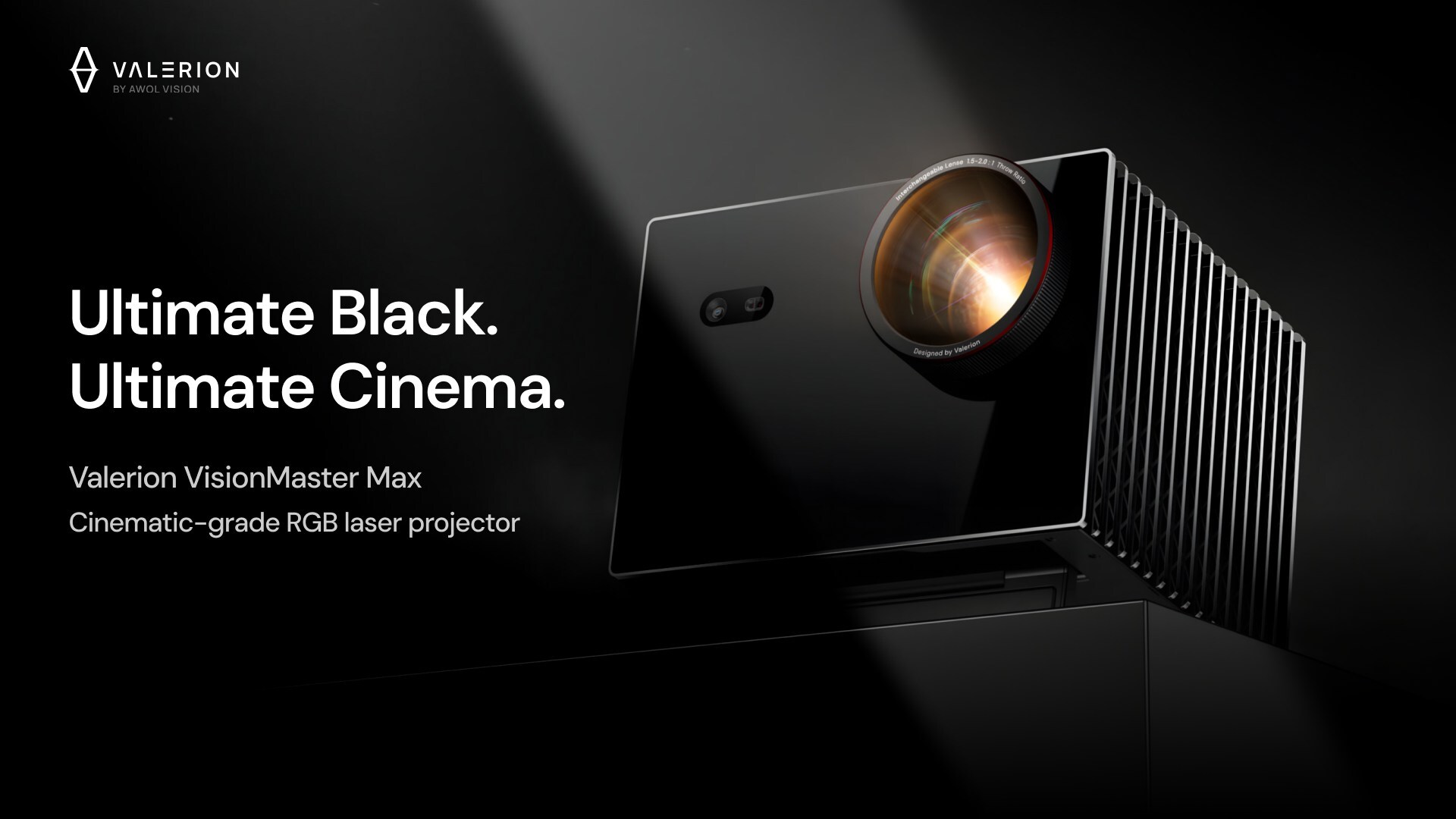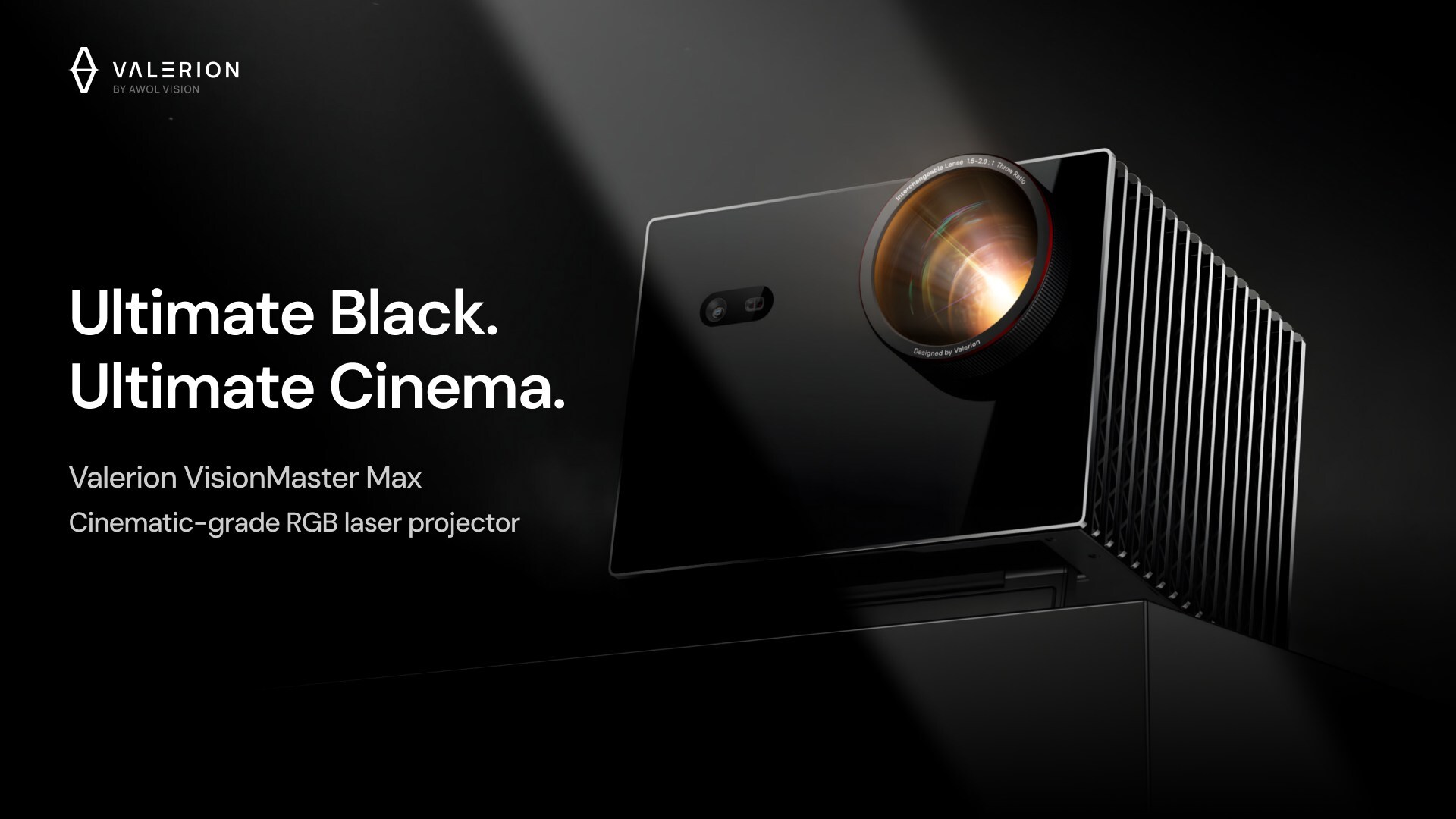The Latest Innovations from IFA 2025: Valerion, Samsung, and More
Author: Tech Industry Analyst

The Internationale Funkausstellung (IFA) 2025, hosted in Berlin, has unveiled an array of remarkable technological advancements reshaping consumer electronics. The event serves as a global stage for corporations to showcase their latest innovations, from home cinema projectors to cutting-edge robotic appliances. Among the highlights this year, Valerion's enhanced VisionMaster Max projector and Samsung's new AI-driven vacuum cleaner demonstrate the industry's shift towards smarter, more efficient devices.
Valerion, a notable player in the home cinema market, returned to IFA with its latest offering, the VisionMaster Max. This projector marks a milestone for the company, as it is not only the first Kickstarter-backed projector to include Gigabit Ethernet capabilities but also boasts improvements in visual performance. The VisionMaster Max promises better blacks and eliminates rainbow effects, enhancing the viewing experience for cinephiles. Furthermore, the projector now integrates the ThunderBeat™ wireless surround sound system, setting a new standard for home entertainment.

The Valerion VisionMaster Max enhances home cinema experience with advanced features and wireless sound technology.
Samsung took a bold step into the smart home concept with its Bespoke AI Jet Bot Steam Ultra vacuum cleaner. Priced at a premium, this device doubles as both a cleaner and a security monitor, utilizing artificial intelligence to enhance household safety along with cleaning capabilities. This dual functionality is indicative of the shift in consumer preferences towards multifunctional devices that provide added value in terms of both convenience and security.
Amidst these tech innovations, the IFA expo also highlighted significant advancements in kitchen technology. Midea introduced its MASTER Series refrigerators, designed with smart functionalities such as AI-powered cooling optimization and food expiration tracking. These features aim to elevate home efficiency, showcasing how technology can aid in everyday household management. The CHILL MASTER Series comes equipped with the industry's first hands-free ice-and-water dispenser, underscoring the trend towards user-friendly appliances.
Moreover, IFA 2025 wasn’t just about individual products; it also reflected broader industry trends. The adoption of AI and machine learning technologies was a central theme throughout the expo, affecting various sectors from consumer electronics to home appliances. Companies like SCOREalytics presented how AI is transforming legal intelligence and risk management, demonstrating the technology's versatility and growing influence across fields.
The event featured several AI-driven products, including smart wearables and home devices that leverage data to provide personalized user experiences. For instance, attendees were captivated by a range of AI-enhanced wearables that promised to monitor health metrics more accurately than ever, further integrating technology into personal care.
In addition to the technological advancements, IFA 2025 also emphasized the importance of data privacy and ethical considerations in technology. With the rise of interconnected devices, concerns about users' private information have taken center stage. Discussions surrounding self-hosting applications and the control it provides to users were prevalent, offering insights into the balance between convenience and privacy.
As we move further into the digital age, events like IFA 2025 highlight the ongoing innovation and competition in the tech industry. Companies are not just creating smarter devices but are rethinking how technology can enhance everyday life. The integration of AI, IoT, and advanced manufacturing processes is set to revolutionize consumer expectations and experiences.
In conclusion, IFA 2025 has reaffirmed Berln's position as a hub of technological innovation and consumer electronics. The devices showcased range from advanced projectors to smart cleaning solutions and modern kitchen appliances, representing the industry's commitment to integrating technology into our daily lives. As these trends continue to evolve, consumers can expect even more innovative solutions that prioritize efficiency, connectivity, and user experience.